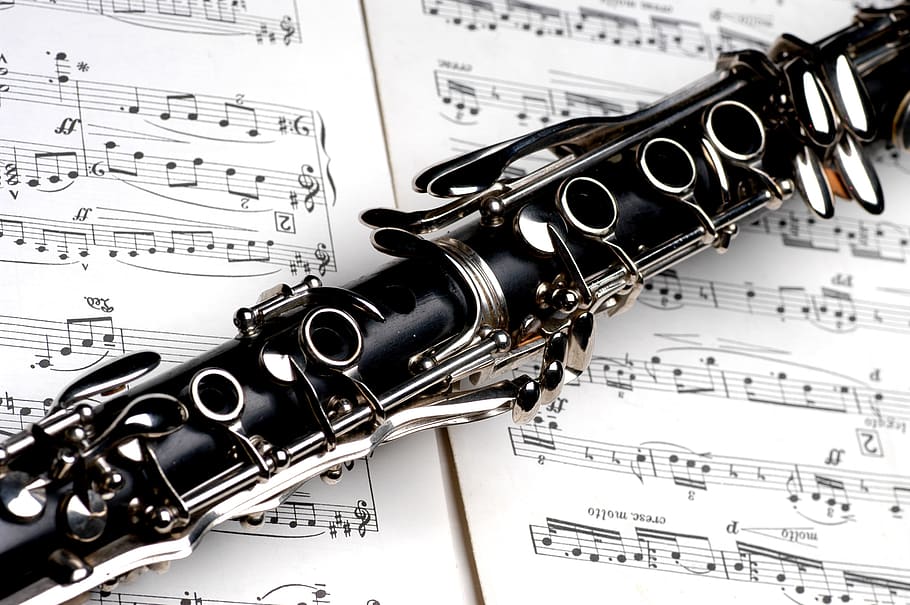
All April long, National Jazz Month celebrates the heritage and history of the all-American art form. Soulful and rich, jazz is a veritable language. Just like any language, jazz has structure and expresses ideas and emotions.
Language is what we use to communicate thoughts and feelings. Music is a universal language and jazz is spoken with all sorts of accents. While voice can communicate just about everything in life, words can’t express everything. Words, for example, cannot express human emotion the same way music can. As a phenomenon, music is a form of expression that can communicate emotion to every human being on the planet. Music is something shared, something social, and something we instinctively understand. In every culture, country, and background, you will find music. Lovers of jazz would agree that they are far more emotionally affected by the sounds in jazz music than even the most beautifully expressed words.
Jazz’s musical improvisation sets it apart as a language all its own. Because of this improvisational aspect, jazz musicians are experts at communicating the emotion of the moment. Through combined sound, jazz musicians can convey deep meaning about what they are feeling while they are performing. The emotional impact of jazz is hard to understate, and an appreciation for this diverse and unrestricted form of music is key to enriching your musical vocabulary.
